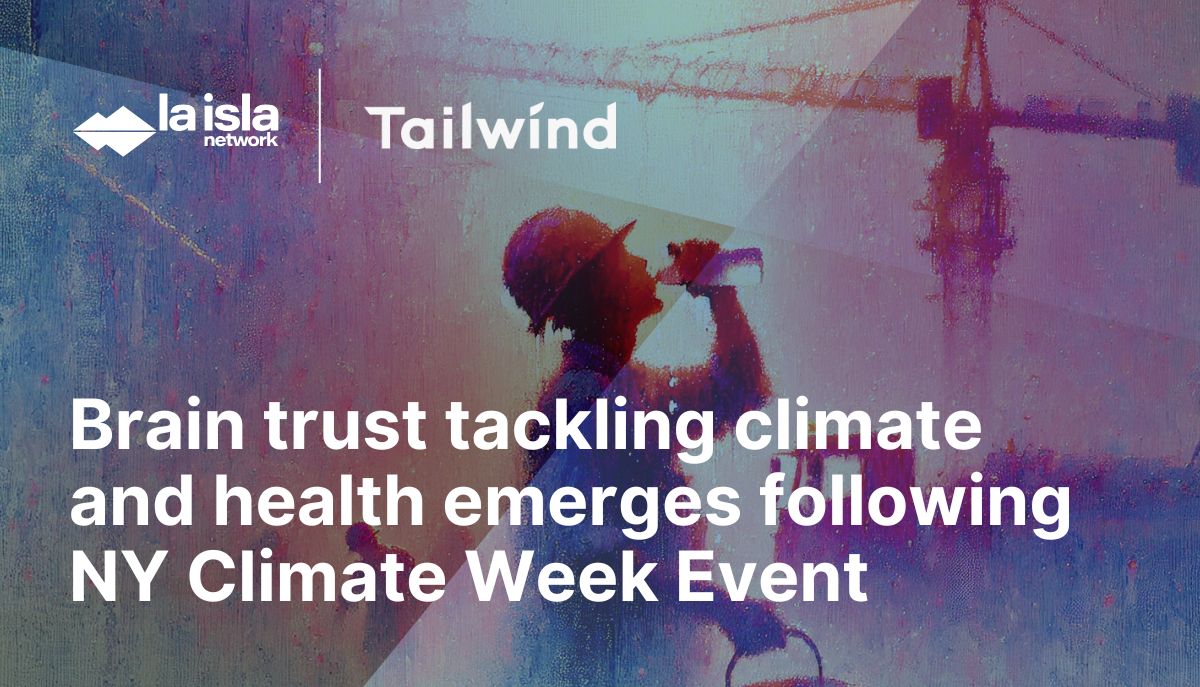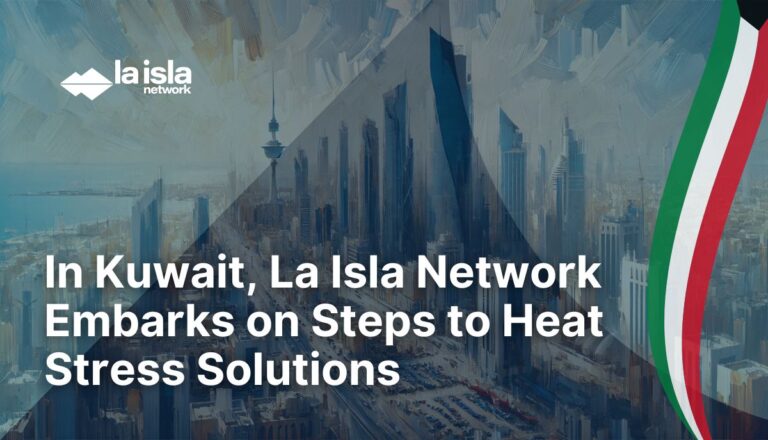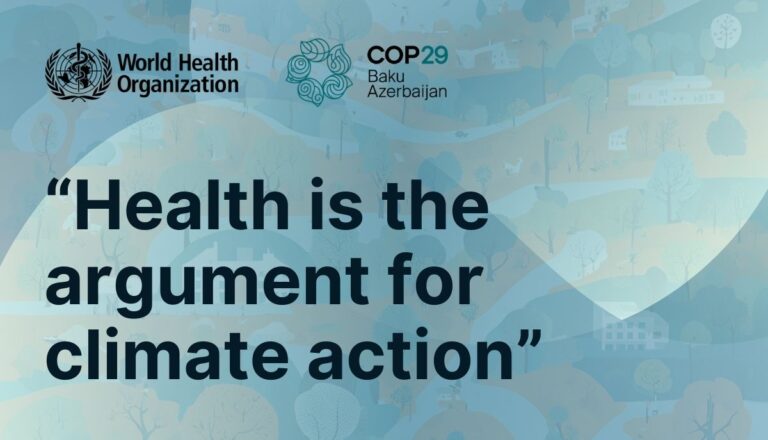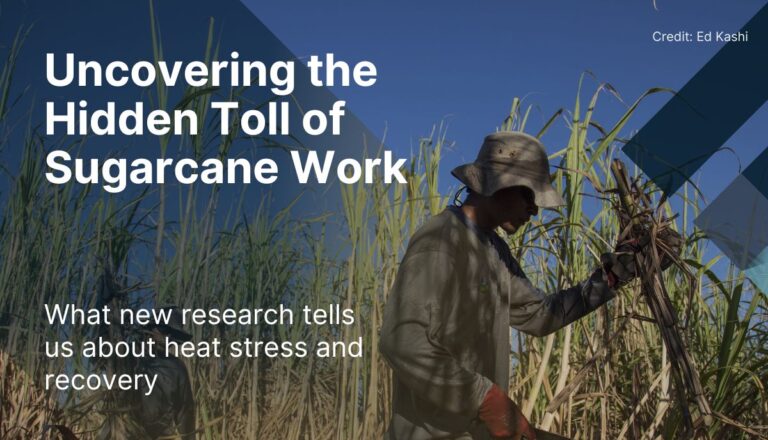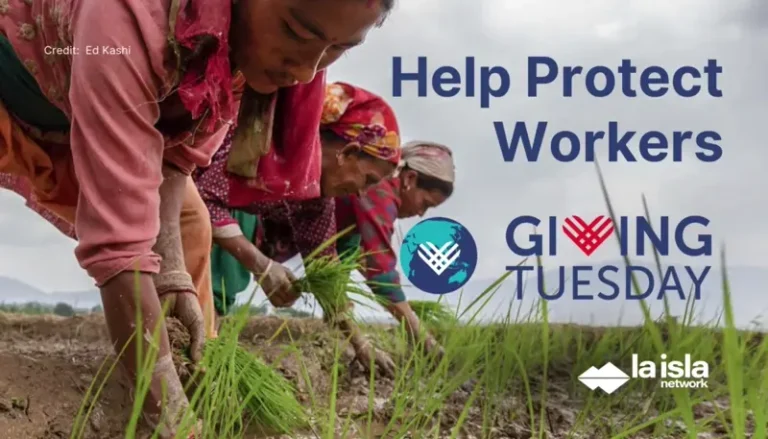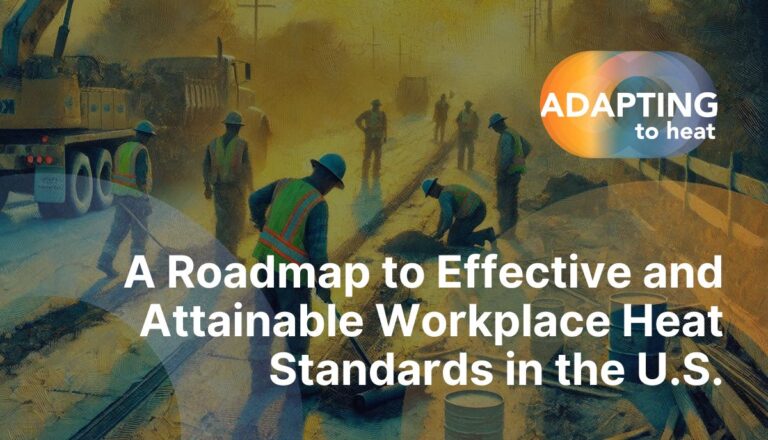Over 100 leaders in the climate and health space met in New York for Climate Week to discuss how to create and provide innovative solutions that protect human health in the wake of heat stress and climate change.
Tailwind Climate’s Extreme Heat & Health Innovation event co-hosted by CHILL, the University of Colorado’s Climate and Health Program, and La Isla Network brought together more than 100 experts to explore solutions addressing the growing public health risks posed by extreme heat. The discussions centered around two discussions: the demand for new solutions to address extreme heat and the emerging solutions being built to meet that demand.
Demand for Innovation: Meeting Growing Health Risks
The first panel, “Demand for Innovation,” focused on how rising temperatures are driving demand for new approaches to health and safety. Panelists emphasized the urgency of addressing heat-related risks, particularly for vulnerable populations such as children, women, the elderly and outdoor workers. Dr. Arnab Ghosh, Assistant Professor of Medicine at Weill Cornell Medicine, discussed the medical vulnerabilities exacerbated by extreme heat, including how medications for chronic conditions can increase susceptibility to heat-related illnesses. Ghosh called for the adaptation of healthcare systems to better respond to the growing threat posed by heat.
Monika Serrano, Resilience Program Manager at Turner Construction, addressed the rising concern for worker safety, particularly in industries like construction that face heightened exposure to heat stress. Serrano underscored the importance of regulatory efforts to protect workers, noting that while some employers have begun adopting preventative measures, comprehensive policies are still lacking. Jane Gilbert, Chief Heat Officer for Miami-Dade County, highlighted the need for equitable access to cooling technologies, particularly for low-income populations, as part of a broader effort to mitigate urban heat island effects.
Supply Side Innovation: Developing and Scaling Solutions
The second panel, “Supply Side Innovation,” moderated by Katie MacDonald, Co-Founder and Managing Partner of Tailwind, examined the development of innovative solutions aimed at reducing the health impacts of extreme heat. Jason Glaser, CEO of La Isla Network, shared his organization’s work on heat-related illness prevention, particularly in industries such as agriculture and construction. La Isla Network’s research has established a direct link between chronic kidney disease and prolonged heat exposure, emphasizing the urgent need for effective interventions. Glaser also discussed the organization’s efforts to implement scalable solutions, such as the Exertional Heat Stroke Protocol (HASTE), which has demonstrated significant reductions in heat-related illness and death.
Other panelists, including Matt Anderson, CEO of Cryogenx, and Ibbi Almufti, CEO of Class 3 Technologies, discussed technological innovations designed to mitigate the impacts of extreme heat on human health. Anderson detailed how Cryogenx’s hardware solution can help prevent heatstroke, while Almufti emphasized the importance of real-time data for monitoring heat conditions, particularly in industries such as commercial real estate. Both panelists highlighted the challenges of scaling these innovations and emphasized the need for further investment in climate resilience technologies.
The Road Ahead: Collaboration and Implementation
The Tailwind event underscored the need for collaboration between industries, policymakers, and technology developers to create a more resilient response to the growing challenge of extreme heat. Participants stressed that while promising solutions are being developed, their effectiveness will depend on widespread implementation and investment. As the frequency of extreme weather events increases, the health risks posed by rising temperatures will require coordinated global action.
The discussions at the event reflected a broad consensus: protecting human health from the impacts of climate change will necessitate both innovation and a concerted effort to scale solutions. The conversations initiated during Climate Week are expected to catalyze further action and collaboration across sectors, as stakeholders work to address one of the most urgent public health challenges of the modern era.
La Isla Network is an occupational health research and advisory nonprofit dedicated to ending heat-related illnesses among workers and their communities worldwide. Our mission is to protect workers in a changing climate. We develop and implement data-driven worker protection and management assessment protocols to improve the resiliency of workforces and businesses to heat stress. Our work is backed by best-in-class researchers, industry leaders, and government and multilateral institutions like the ILO.
For media inquiries or more information, please contact in**@la***********.org.

